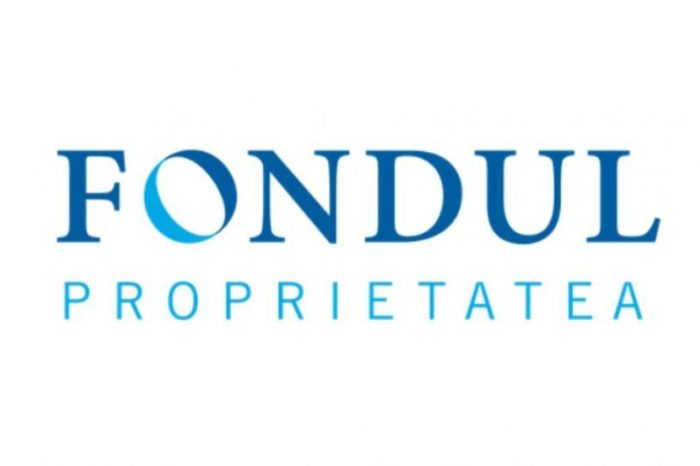Crowdfunding in Romania

Authors: Alexandra Manciulea (partner at Filip & Company), Anca Badescu (associate at Filip & Company)
The legislation regulating crowdfunding in Romania has been long awaited by the business community in our country. After the relevant European Regulation (i.e. Regulation (EU) 2020/1503 of the European Parliament and of the Council of 7 October 2020 on European providers of business crowdfunding services and amending Regulation (EU) 2017/1129 and Directive (EU) 2019/1937 (“Regulation 1503/2020”)) was enacted last November, at the beginning of August 2022 the law laying down certain implementing measures for this Regulation 1503/2020 entered into force in Romania and, thus made it possible to actually apply Regulation 1503/2020 at national level.
We are thus moving towards having a complete legal framework that allows crowdfunding activities to be carried out by entities authorized in Romania. This opens up new opportunities both in terms of accessing alternative financing sources by small and medium-sized enterprises as well in terms of business opportunities for FinTechs wishing to be authorized as crowdfunding service providers.
What is crowdfunding?
Crowdfunding is a means of raising capital through a digital platform that connects potential investors or lenders with businesses seeking funding. The main actors are the project developer (who seeks to raise capital through the crowdfunding platform), the investor (who, through a crowdfunding platform, lends or purchases securities or instruments admitted for the purpose of crowdfunding) and the crowdfunding service provider (who connects investors interested in providing funding and project developers by means of a crowdfunding platform). Thus, crowdfunding can take the form of a loan granted for a certain project or that of an investment in that project. In the latter case, the shares in a limited liability company can be used as eligible instruments for crowdfunding purposes, as long as they are not subject to restrictions that effectively prevent their transfer.
Current regulatory framework
At EU level, Regulation 1503/2020 lays down certain common rules applicable to crowdfunding services regarding the provision of such services, the organisation, authorisation and supervision of crowdfunding service providers, regarding transparency as well as marketing requirements.
It is important to note that it also lays down certain applicability limitations. For example, the Regulation does not apply to crowdfunding services provided to project developers that are consumers, nor to crowdfunding offers exceeding EUR 5,000,000 determined over a 12-month period per project developer.
As for the Romanian legislation, the recently enacted Law 244/2022 on measures implementing Regulation 1503/2020 establishes that the Financial Supervisory Authority will have the power to authorise and supervise crowdfunding service providers and that crowdfunding services are not included in the category of lending activities which are regulated by the specific legislation applicable to nonbank financial institutions, unless they are provided by a nonbank financial institution.
Additionally, during the last few months, various technical standards implementing Regulation 1503/2020 have been proposed or adopted within the EU legislation, addressing issues such as reporting standards and procedures related to projects funded through crowdfunding platforms, the requirements, standards and procedures for handling complaints or conflict of interest requirements applicable to crowdfunding service providers.
Crowdfunding services providers
According to Law 244/2022, a legal entity intending to provide crowdfunding services must apply for authorisation as a crowdfunding service provider (“CSP”) to the Financial Supervisory Authority.
The authorisation process and requirements are regulated in detail by Regulation 1503/2020 and the legal term for obtaining the authorisation is of 3 months as of the date the relevant authority receives the complete documentation required for authorisation. The information to be provided in the authorisation application includes the operations schedule setting out the types of crowdfunding services the prospective CSP intends to offer; a description of the prospective CSP’s governance arrangements and internal control mechanisms ensuring alignment with Regulation 1503/2020; a description of the prospective CSP’s systems, resources and procedures for controlling and safeguarding data processing systems; a description of the prospective CSP’s operational risks; a description of the prospective CSP’s prudential safeguards and evidence that it meets the prudential safeguards; and a description of the prospective CSP’s business continuity plan.
Furthermore, pursuant to its authorisation, the CSP must comply with certain rigorous organisational and operational requirements devised to protect participants, particularly investors. Such requirements include an obligation not to accept any remuneration for directing investor orders to a particular crowdfunding offering, a minimum level of diligence expected with respect to the project developers, the implementation of effective and transparent procedures for dealing promptly, fairly and consistently with complaints received from clients, and compliance with conflict of interest requirements.
Be it European market players or local companies, their interest in providing or accessing crowdfunding services in Romania has been gradually increasing due to the passing of Regulation 1503/2020 and related national legislation.
We are therefore welcoming the legislative progress in this area and we are looking forward to the development of the Romanian crowdfunding market.













